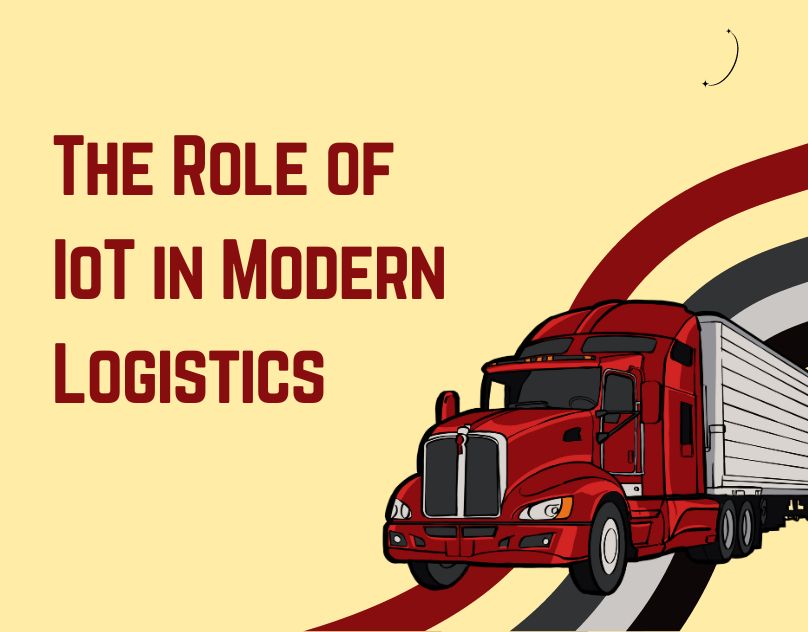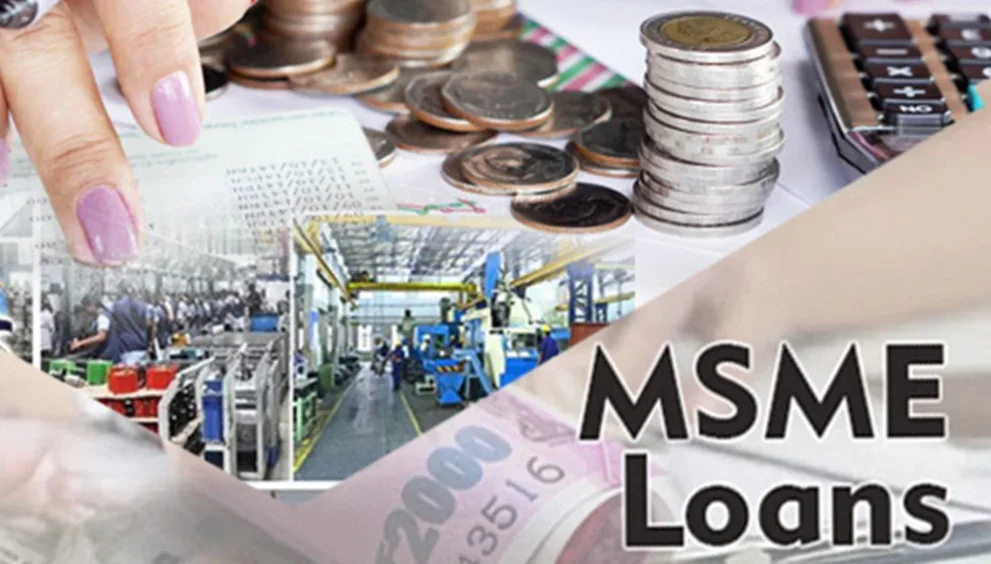How Ease of Doing Business Made MSMEs Challenges Feasible
The World Bank Group has established the Ease of Doing Business (EoDB) index, a ranking system that indicates an economy’s regulations and property rights protection systems for businesses. A decent EoDB ranking shows a favourable regulatory environment for companies to establish and operate. The grading criterion uses ten parameters to calculate the EoDB ranking of an economy.
Among the 190 countries selected for the ranking, India improved from 142nd in 2015 to 37th in 2022. This has made it easier to start, operate, and grow in the country for Indian small and medium-sized businesses. For example, when owners apply for an MSME loan in India, they get faster access to the required funds compared to other countries. Apart from financing, the EoDB index looks at several other parameters to determine a business-friendly environment in an economy, helping MSMEs tackle challenges in a better way. Let’s look at the various challenges Indian MSMEs face and how EoDB helps overcome them.
Establishing a Business
Steps to make business establishment easier in India have been listed below.
- Permanent Account Number (PAN), Director Identification Number (DIN), and Tax Deduction and Collection Account Number (TAN) are no longer separate processes. Their merger makes company incorporation possible in a single day.
- Companies no longer need to pay the incorporation fee and get an authorised capital of up to ₹ 15 Lakh.
- An MSME owner can reserve a company’s name by entering only three fields on a web page rather than filing a 5-page form.
- The Companies Act eliminates the need for a standard company seal.
- The Shops and Establishment Act eliminates the need for inspection before registration in Delhi and Mumbai.
Construction Permits
The Municipal Corporations of several Indian states have introduced a fast-track system of approval, issuing building permits faster with online plan scrutiny and digital signatures. As a result, the cost and time required to get construction permits have reduced significantly over the last few years.
Cross-Border Trading
The CBEC has the Indian Customs Single Window Project, enabling exporters and importers to lodge custom clearance documents through a single point. The number of required documents is also reduced now. An online application system, e-Sanchit, allows the electronic filing of documents for traders.
Contract Enforcement
The Commercial Courts & Appellate Division of High Courts and National Judicial Data Grid (NJDG) make contract enforcement easier and faster for businesses across the country. New district court cases randomly reach judges through automated systems. E-filing of cases is now possible in some district courts.
Easy Credit
Getting the required credit is much easier and faster in India now. Several NBFCs allow MSME owners to apply for MSME Loan online and instantly get the cash. CERSAI is a unified electronic registry system that registers securities by asset type. The SARFAESI also provides security interest in immovable properties, hypothecation of machinery and plant, debt, and stocks.
Receiving Electricity
An MSME can receive an electricity connection within 7-15 days, depending on the Right of Way requirement (RoW). Service line and development charges are now capped in some states, and documentation requirements are minimal without hard copies.
Property Registration
Digitisation of sub-registrar offices and integrating records with the Land Records Department has made property registration easier in some states. Digitisation of property tax records, automatic property mutation after registration, and virtual property records ensure transparency, allowing everyone to check transaction history digitally. It has made the process easier and hassle-free.
Insolvency Resolving
The Insolvency and Bankruptcy Code of 2016 is a comprehensive legislation to resolve corporate insolvency. Mid-sized companies can approach the Fast-track Corporate Insolvency Resolution Process (CIRP) to resolve insolvency in 90 days.
Tax Payment
Corporate taxes are reduced significantly for mid-sized Indian companies. A domestic company can get a concessional tax regime of 15%, but it cannot claim any other tax exemption or incentive after that. GST, effective since 2017, subsumes several different taxes into one, streamlining the tax calculation and payment procedure. The ESIC has a fully digital module for e-return filing and online payment, substantially reducing the time required for preparing and filing returns. The robust digital infrastructure to file online returns makes the entire process easier and faster.
Final Words
With the EoDB ranking improvement in India, doing business is becoming easier. Apply for an MSME loan now and get additional funds to expand your business horizons. Do not forget to use a Business Loan calculator to borrow according to your repayment capacity. As the business environment becomes more favorable, take this opportunity to build a fortune and prosper.






